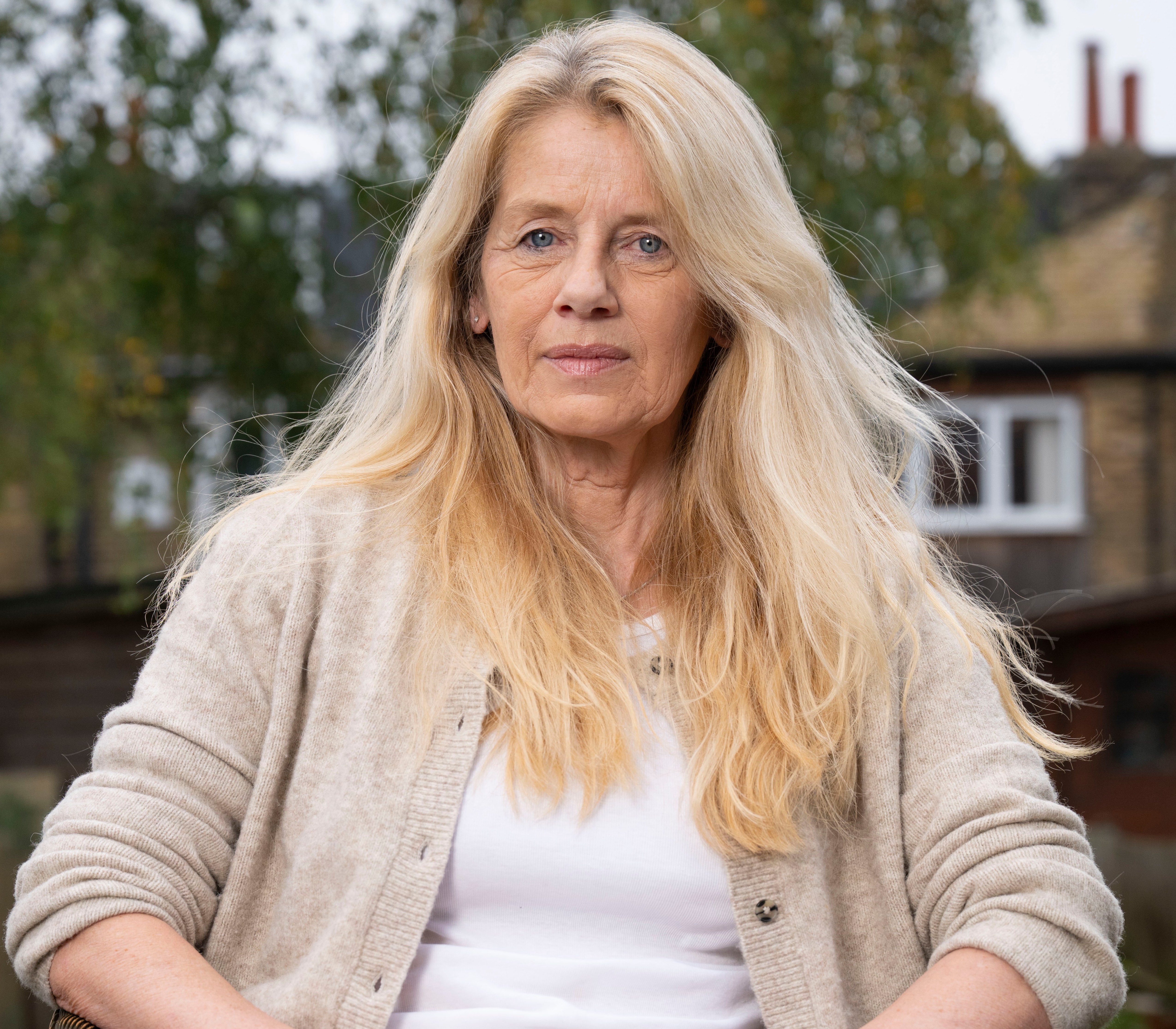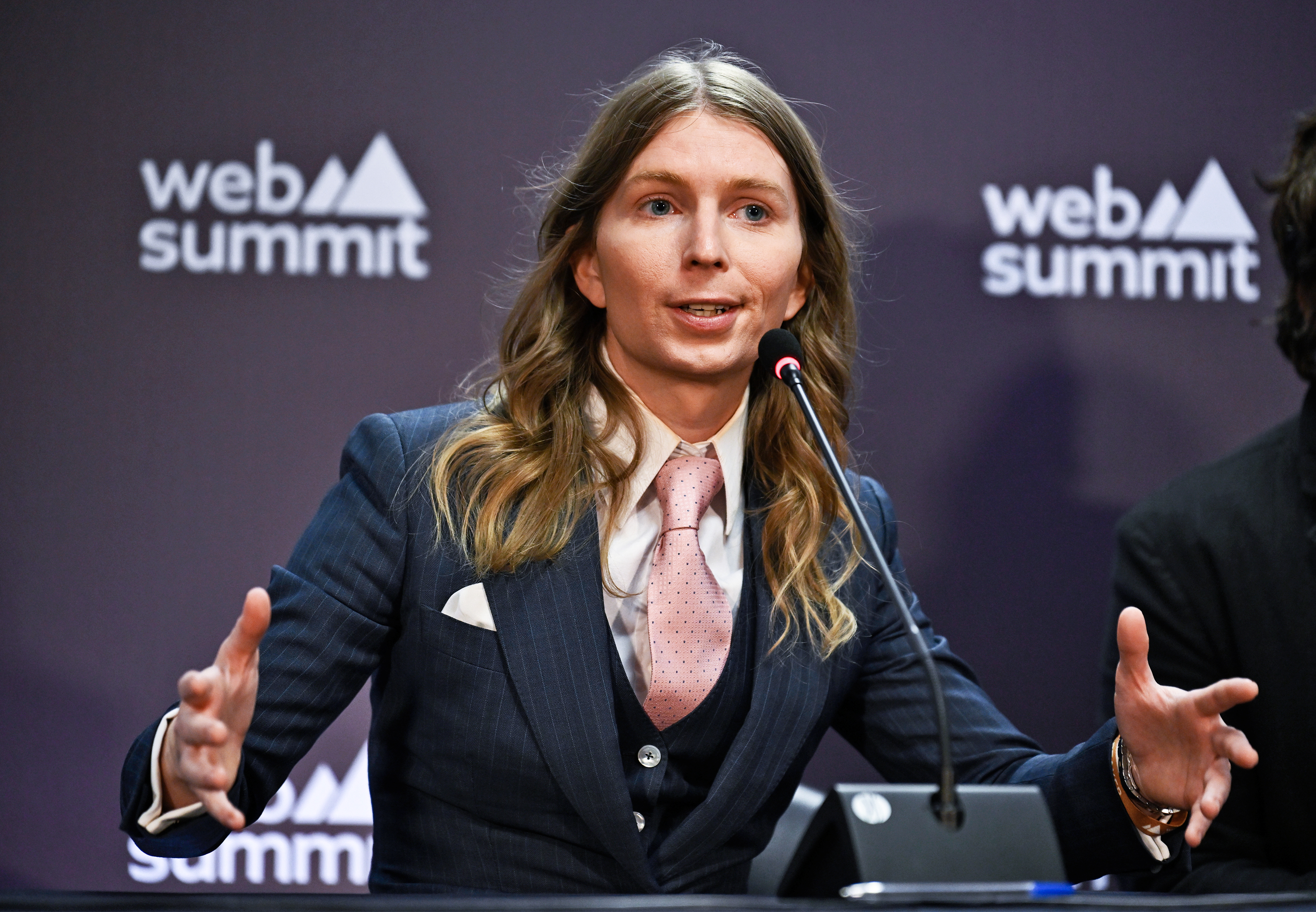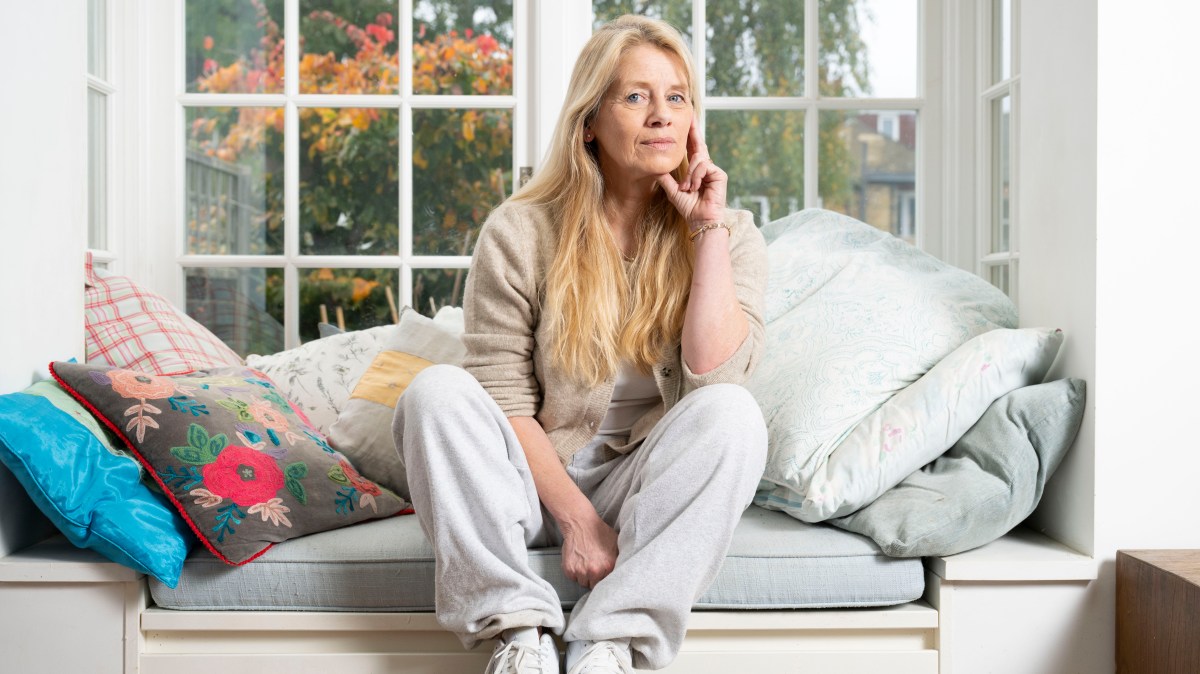A BBC News at Ten editor “deferred” to a junior reporter on what language he should use when reporting transgender stories, a veteran BBC broadcast journalist has claimed.
Cath Leng, a former chief writer for BBC News, also alleged that she was “forced out” in 2023 over her gender-critical views after 25 years of working for the corporation.
She claimed that journalists and editors across BBC News were “complicit” in the censorship of stories that reflected the gender-critical side of the trans debate.
Leng’s allegations come after a leaked internal memo detailed numerous instances of apparent bias by the corporation, leading to the resignation of the director-general and the chief executive of BBC News.
Tim Davie and Deborah Turness resigned on Sunday after it emerged that an edition of Panorama last year spliced together two different parts of a speech by Donald Trump in 2021 to make it seem as though he had told supporters to go to the Capitol and “fight like hell”.
The memo, sent to BBC board members by Michael Prescott, a former standards adviser, also claimed that trans coverage was biased towards stories celebrating the trans experience, and subject to “effective censorship” by LGBT reporters who refused to cover gender-critical stories.
Leng echoed such claims, and said that younger LGBT reporters on the “learning and identity” desk often acted as “gatekeepers” on trans stories. She added: “If it was mentioned that ‘identity’ is aware of this or ‘identity’ say they’re looking at it — that was enough to stop anybody else going anywhere near it.”
• Times letters: BBC bias and Trump’s ‘fake news’ fury
Such reporters were also regarded as “experts” on transgender issues by older, more experienced editors, Leng said. She alleged that she witnessed a senior News at Ten editor deferring to a junior LGBT broadcast journalist, “asking him what language they should use, what kind of flag they should use when they’re doing a story about Pride”.
“These people were treated as experts simply because they were believers in the idea of gender identity,” Leng added. “The reason they were considered to have expertise is of course because nobody else understands it.
“So they’re allowed to spout this gobbledegook and they’re treated as experts when it comes to which language to use.”

Leng said she pitched gender-critical stories but they were ignored
LUCY YOUNG FOR THE TIMES
However, rather than just a few LGBT reporters refusing to cover gender-critical stories questioning the actions of trans activists, Leng said that journalists across the BBC were to blame for the “biased” coverage.
She said that in about 2018, the BBC introduced a system of specialist news “hubs” covering various subject matters which were responsible for commissioning their own stories. Leng said: “So every single hub was involved in this.
“The health hub could, for instance, could have picked up on the Tavistock [clinic] story. They were asked to — it was pitched to them — but they didn’t. There were gender-critical stories about education and multiple political stories pitched, but none of them were picked up. So they were all responsible.”
Leng said her battle to ensure “accurate language” was used, and a more balanced approach applied to reporting trans issues, began in 2016.
She claimed she was admonished by senior editors on what was then the BBC’s rolling news channel, News 24, for referring to Chelsea Manning — the trans US army intelligence analyst who leaked classified military documents to WikiLeaks — as “he”.

Chelsea Manning
HORACIO VILLALOBOS CORBIS/GETTY IMAGES
Leng said that she was told that using male pronouns for the soldier, who was born male and identifies as female, contravened the BBC style guide because she was “a woman”. She said: “All I could say was it’s not true because I wasn’t versed in the debate at all.”`
But after doing more “digging” on the subject and speaking to other gender-critical people she met via social media, Leng said she became deeply concerned with the way the BBC was handling the topic. From that point on she began emailing news executives, editors and channel controllers to make them aware of the importance of using accurate language when referring to a person’s biological sex.
She said: “I honestly thought they would say, ‘You’re right, we hadn’t looked at it that way’, and I thought they would turn back, but they didn’t.”
• Sonia Sodha: What’s the point of the BBC if it can’t be impartial?
Leng claimed she heard that activist groups such as All About Trans had “influenced the style guide so that it now installed self-identification — you have to use preferred pronouns”. The broadcaster has previously rejected suggestions its style guide has been influenced by any external groups, insisting that it acts independently and that all decisions on the guide’s content are taken by BBC News.
The journalist said she began pitching gender-critical stories that were being covered in many other mainstream news outlets, but they were continually ignored. These included the high-profile employment tribunal of Maya Forstater, a think tank researcher who was sacked for her views and went on to win her case, setting a legal precedent that “gender-critical beliefs” were protected in law.
Leng said: “I just got blanked, completely blanked. Then when you push it next time, you’re accused of having an agenda. That’s how it worked. I was routinely accused of bias and inappropriate behaviour by my colleagues and editors.”
She claimed that when she suggested booking guests from gender-critical organisations to be interviewed on BBC News she was stonewalled. “There seemed to be a blacklist on people like Sex Matters, Transgender Trend and LGB Alliance,” she said.

Helen Joyce and Maya Forstater of Sex Matters outside the Supreme Court earlier this year
LUCY NORTH/PA
Leng alleges that a culture of fear developed among BBC staff, who dared not suggest any stories that threw a negative light on trans activism in case they were unofficially blackballed. “Nobody actually has to say anything to you,” she said. “It’s just that opportunities are denied, you get given crappy shifts, you are stuck on the desk rewriting copy.”
When one of her gender-critical pitches was accepted at a news meeting because it was a “great story”, Leng said that fellow journalists were so fearful they could only express support in secret. She said: “Somebody who was present slipped me a card as we were all leaving this session. It just said on the back, ‘you’re right, keep going’. She felt she couldn’t tell me directly. It was like a secret, masonic handshake.”
Leng said that matters came to a head in 2021 when she returned to the BBC after a period of illness related to stress. She noticed that a “whole new activist language” around the word “cis”, which refers to someone identifying as the sex they were born, had sprung up in news planning meetings.
She said that she went on Twitter to criticise the use of this term as a biased expression of gender identity beliefs. After complaints, she was ordered to remove the thread by one of the news channel controllers. When she refused, she was subject to a six-month disciplinary investigation.
In tandem, Leng said there were two other complaints against her in progress made by BBC staff over editorial decisions she made reflecting her gender-critical stance. Eventually the pressure became too much and she decided to accept an offer of redundancy in 2022, before leaving in 2023.
Leng admits: “I did feel forced out. There were people who were supportive, but they were almost helpless. They had their hands tied.”
However, she unexpectedly received an email from Turness last week informing her: “I am happy to assure you that we fully agree that biological sex is real and that is reflected in our editorial approach.”
• BBC staff among complainers in Martine Croxall ‘women’ row
A spokeswoman for the BBC responded to Leng’s claims by insisting: “[The broadcaster] reports a wide range of views and perspectives in line with our editorial guidelines. We continually review our coverage to reflect new developments and since the period your interviewee is describing we have updated the news style guide and shared new guidance. Where there have been concerns about particular stories, we have addressed them.
“Although we do not comment on individual staff members or former staff members, all news staff are required to comply with the BBC’s social media guidelines, and we take the appropriate action when these are breached.”

